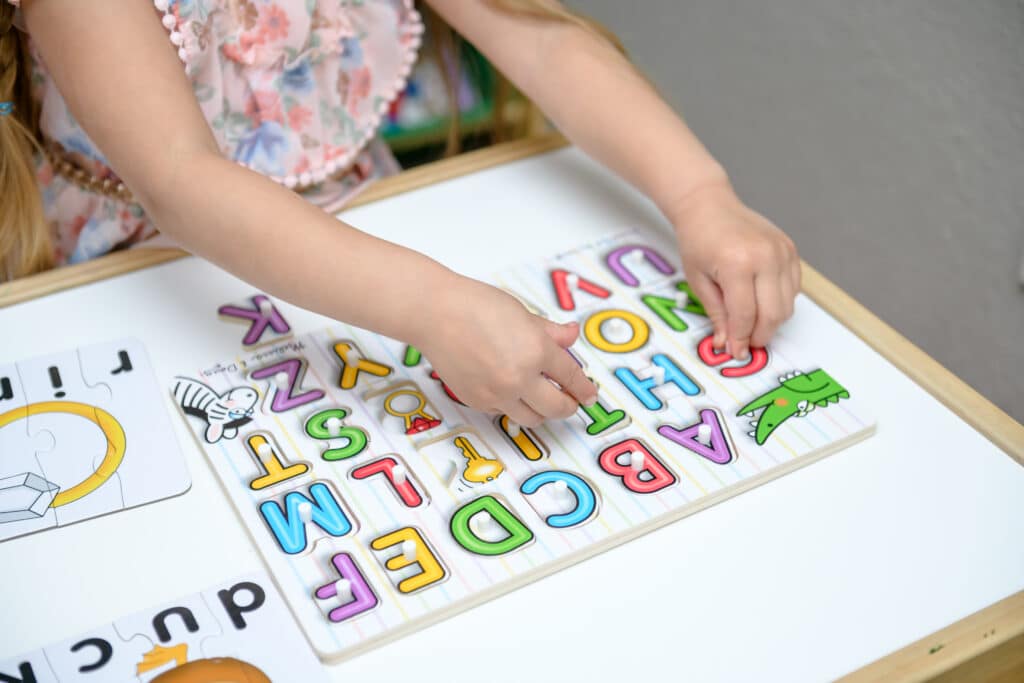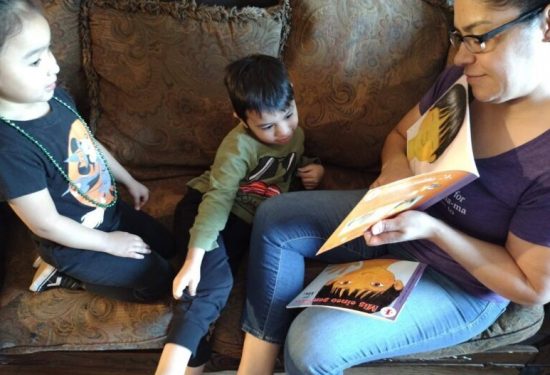I am a product of a family, friend and neighbor (FFN) caregiver. Both of my parents came to the United States escaping war in their home country of Nicaragua. While they were both educated in their respective countries, when they came to the U.S. they had to work any job that they could find to support their family. While my parents were working 10- to 12-hour days, my aunt took care of my siblings and myself, as well as my cousins and other neighborhood kids. She was known as the neighborhood aunt. She made sure that all of us had appropriate care. She fed us healthy meals and created lesson plans for all of the kids in her care. While we were in her care, my aunt only spoke to us in Spanish to make sure that we could speak the language fluently. This was extremely important to her and she put her heart and soul into that. I am so appreciative to her and my parents for who I am today.
The experience of my family is what drives me to do the work that I do supporting home-based child care. And the experience of my family is not uncommon. Nationwide more than 5 million FFN caregivers provide care for 11.5 million children, including 6.8 million children ages zero to five. These caregivers are often the ones who support members of the Latinx community as they work over twelve hours a day in order to provide for their families. They are the caregivers who offer care in the families’ home language while elsewhere they struggle to gain access to vital information and resources in their home language. And most FFN caregivers do this essential work for very little pay. These challenges are common for immigrant families regardless of their ethnic background.
I have seen so many members of my community suffer whether it be issues with immigration, racism, socio- economic issues, as well physical and mental health issues. These experiences have shown me how as a society, we need to do better to support our immigrant, refugee, and Black and Brown communities. How can we create change to support the individuals who are doing the most important work – taking care of our kids?
I am so grateful that I had my aunt as my FFN provider. As an adult, when I reflect back on my experience as a child, I ask myself, what can I do to better support my community as well as others?
I knew that I wanted to give back in a way that would be beneficial to families and their children. I’m grateful that it has brought me to where I am as a member of the Home Grown team advocating for home-based child care providers, both licensed providers and FFN caregivers. I’m grateful to work with such an amazing group of caregivers who care not only for the children in their programs, but also the families in their communities.



